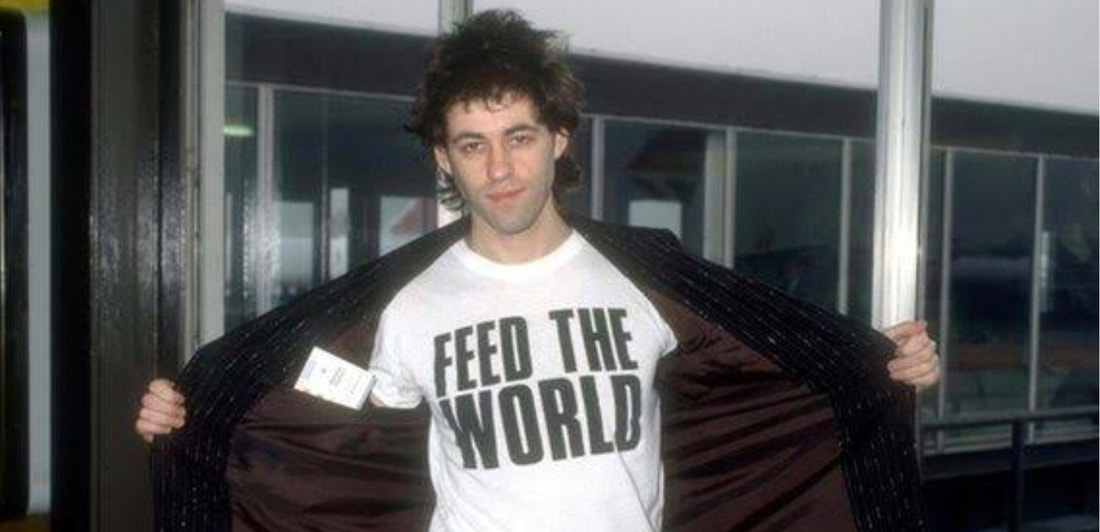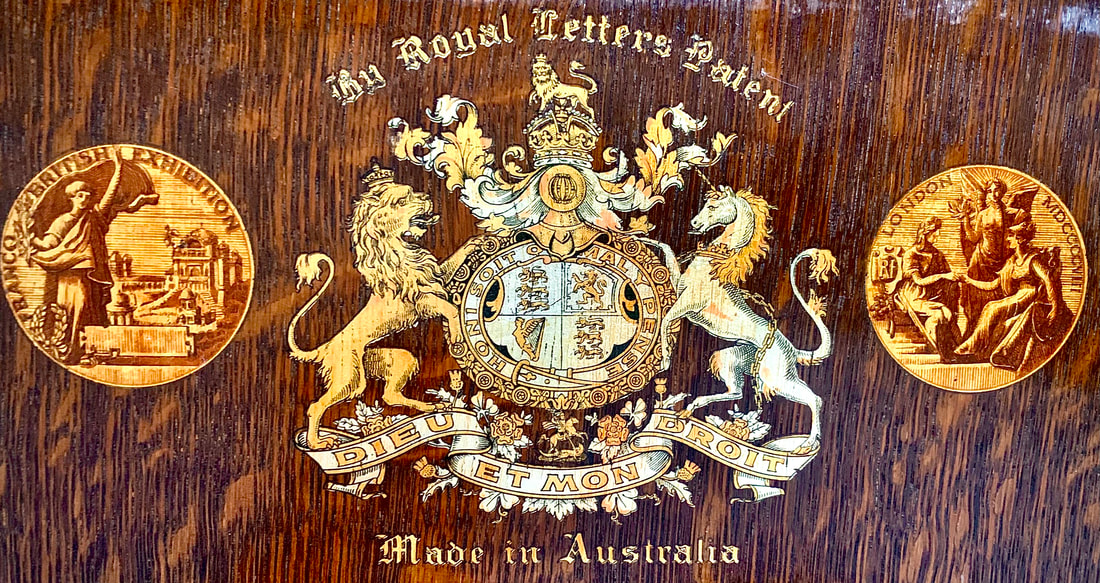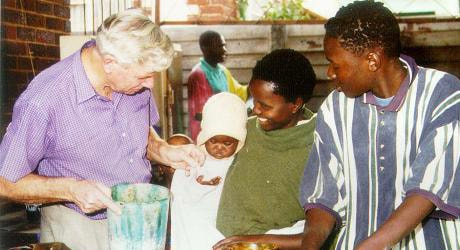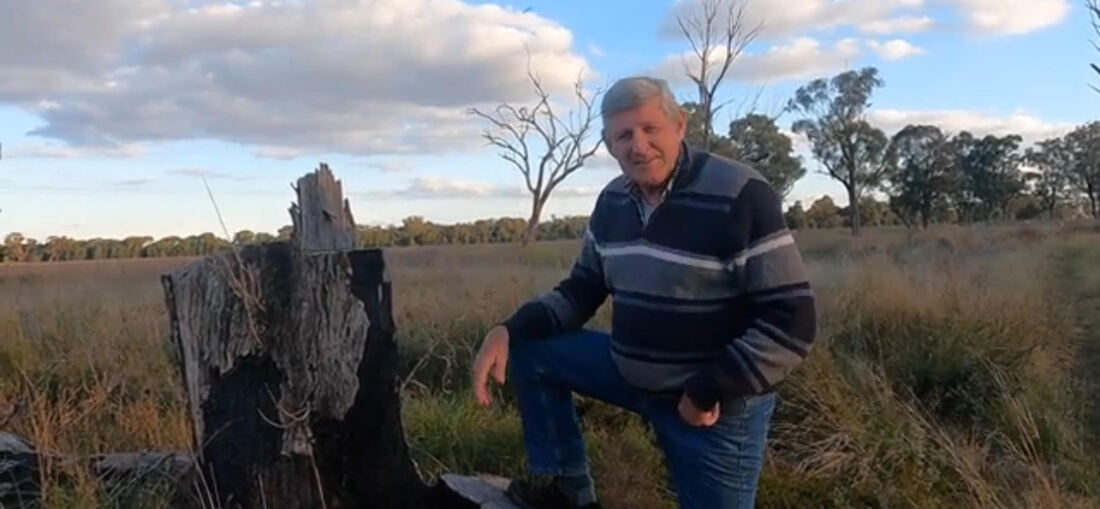|
When some leading American retailers were sent a pair of Australian made pants from a factory in Warrnambool Victoria for testing in 1962, they were appalled. Their considered opinion was that the maker of these Merino wool trousers had got it wrong – they were just too good! They would never wear out and customers would not return. The experts recommended that the maker, Fletcher Jones, study the science of ‘Planned Obsolescence.’ They didn’t know who they were talking to! Fletcher, the son of a Bendigo blacksmith had battled his whole life to do the exact opposite. He spoke proudly of being reared in a struggling Christian household where his father taught him concern for the rights of the workers. He was to treat his fellows as creatures made in God’s image, destined to live and work in creative communities. This bred a life-long conviction never to treat his employees as mere cogs in a machine to make him wealthy.
2 Comments
I didn’t realise that the story of a native-born piano would jump at me out of the clean-up we were doing to prepare for our Storytelling Centre in Dubbo. Octavius Beale’s masterpiece was sitting dusty and neglected in a back room and here I was, asking myself, “Do I really need that thing in here?” How ignorant! It was my colleague, OJ Rushton, who opened my eyes to this story of a unique Aussie icon.
I discovered that apart from being a traveller skilled at languages, President of the NSW Chamber of Commerce and a fellow of the Royal Historical Society, Beale, an Irish-born Quaker just happened to design the first piano purpose-built for Australia! The Quakers were a small Christian sect known for building industries focussed on caring for their workers. So, it was no surprise to learn that in 1893 Octavius established Australia’s first piano factory in Sydney and grew it into the largest, not only in the southern hemisphere but also the British Empire in the early 1900s. In July 1985, nearly 2 billion people across 150 nations joined in a rock concert. Organisers employed satellite technology to make it possible for forty percent of the world’s population to raise $127M in a phenomenal humanitarian effort to bring relief to Ethiopians dying from famine. Rock-star Bob Geldoff explained his purpose for the massive ‘Feed The World’ event. “We were able to address the intellectual absurdity and the moral repulsion of people dying of want in a world of surplus." It's a forgotten fact however, that long before, in a less connected world, an innovative visionary in Australia had hit on this same possibility of feeding the world. Twenty-one-year-old Englishman Thomas Mort stepped off The Superb onto the docks in Sydney Harbour in 1838, burning with the ambition to reverse his family’s financial ruin. In the space of forty years, his bold pioneering ventures had changed the face of Australia. He became one of NSW’s wealthiest men, but was never content to merely accumulate wealth. Someone summed him up as ‘perhaps Australia’s most ingenious early entrepreneur and greatest social benefactor.’  I first met David Bussau in Narromine in the Far West of NSW. He was flying in the Outback Patrol Cessna visiting isolated inland towns. I was impressed that this successful entrepreneur would make that kind of effort. Quietly spoken and unassuming, he sat for an hour sharing his story with 20 or so local men over dinner in the RSL Club.
A friend was working with Opportunity International, so I was keen to meet the man who had dreamed up the radical idea of micro-enterprise in the first place. Simon was advising people living in the rubbish tips of Manila on starting their own businesses and I’d heard moving stories of people being liberated from crushing poverty. Hearing David tell the story of his single-handed climb out of a difficult past showed me the beating heart of the movement he pioneered. A friend and I later had lunch with him in Centennial Park in Sydney and he gave himself freely to discuss entrepreneurial plans we were making. I felt honoured that he gave us time. It was the measure of the man – maintaining a vision for the world and having time to focus on individuals. This is the story of an Irish youth who arrived in Australia with nothing and died giving away a to benefit orphans, schools, universities, hospitals and churches. Samuel McCaughey was a genius. In the world of 19th century agriculture he fathered large scale irrigation works, was an innovator in the wool industry, designed and built earth moving equipment and was on the cutting edge of new technology. His vast sheep stations were among the largest in the world and featured beautifully built homesteads and out buildings - again of his own design. WATCH as Paul tells his story.
|
AuthorJoin The Outback Historian, Paul Roe, on an unforgettable journey into Australia's Past as he follows the footprints of the Master Storyteller and uncovers unknown treasures of the nation. Archives
October 2023
Categories
All
|
|
Sponsored by
|
Privacy Policy
|
|
Copyright 2020 by The Outback Historian
|
Site powered by ABRACADABRA Learning
|





 RSS Feed
RSS Feed

